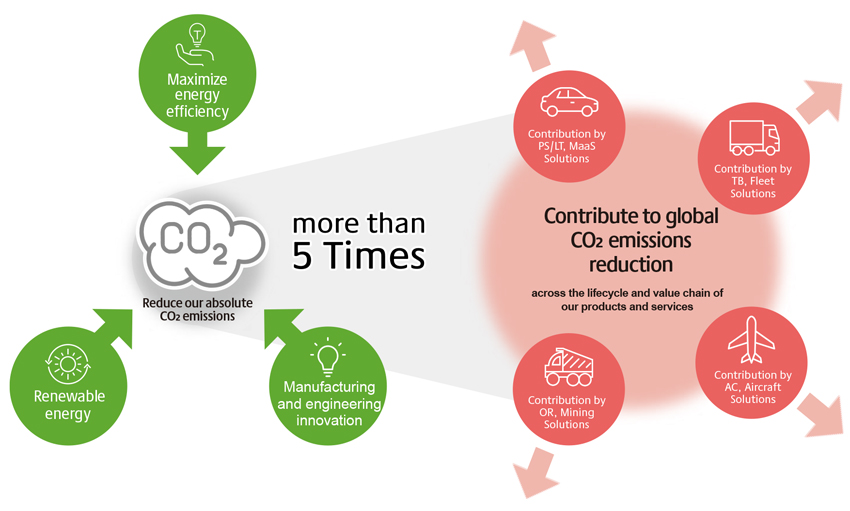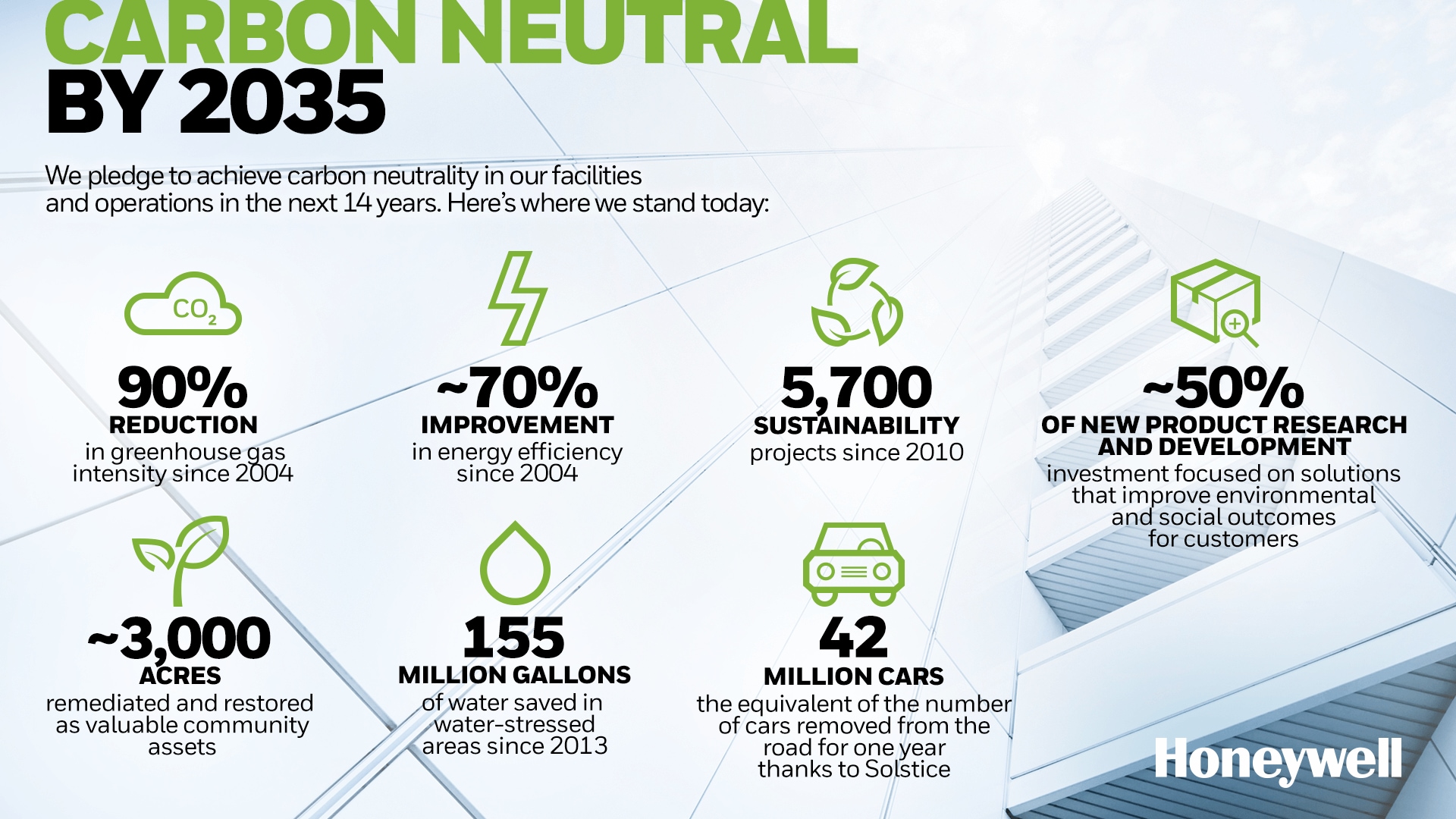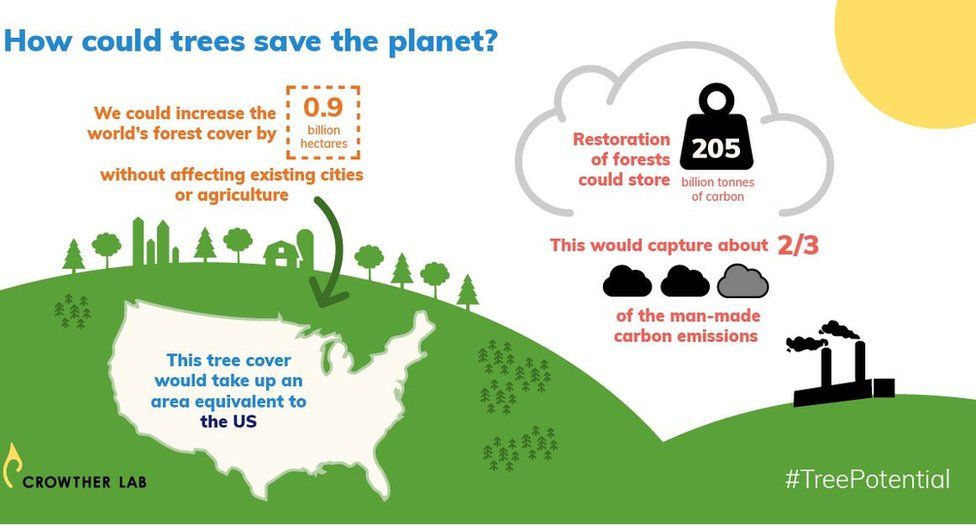As global warming continues to accelerate, the urgency for innovative technologies to combat climate change has never been greater. In 2024, several groundbreaking advancements are making waves in the fight against global warming. This article explores the latest technologies and their potential to reduce carbon footprints, enhance sustainability, and shape a greener future.
1. Advanced Carbon Capture and Storage (CCS) Technologies
Carbon Capture and Storage (CCS) remains a critical technology for mitigating global warming by capturing CO₂ emissions from industrial sources and storing them underground. In 2024, advancements in CCS have led to more efficient and cost-effective systems. Key innovations include:
- Direct Air Capture (DAC): New DAC technologies use advanced sorbents and solvents to capture CO₂ directly from the atmosphere. These systems have improved efficiency, reducing energy consumption and costs.
- Enhanced Geological Storage: Enhanced techniques for storing CO₂ in geological formations are being developed to ensure long-term stability and safety.
These advancements make CCS a viable solution for industries that are hard to decarbonize, such as cement and steel production.
2. Next-Generation Renewable Energy Sources
The renewable energy sector continues to evolve with exciting new technologies. In 2024, notable innovations include:
- Floating Solar Panels: These panels are deployed on water bodies, reducing land use and cooling the panels to improve efficiency. They also help mitigate water evaporation from reservoirs.
- Advanced Wind Turbines: New designs, such as vertical-axis wind turbines and airborne wind turbines, offer increased efficiency and lower installation costs. These technologies are particularly useful in urban environments and offshore locations.
3. Breakthroughs in Energy Storage Solutions
Efficient energy storage is crucial for balancing the supply and demand of renewable energy. Recent advancements include:
- Solid-State Batteries: Offering higher energy density and safety compared to traditional lithium-ion batteries, solid-state batteries are expected to revolutionize energy storage and electric vehicles.
- Flow Batteries: These batteries use liquid electrolytes to store energy, allowing for scalable and long-duration energy storage solutions.
These innovations are essential for integrating intermittent renewable energy sources into the grid and ensuring a reliable power supply.
4. Sustainable Agriculture Technologies
Agriculture is a significant contributor to greenhouse gas emissions, but new technologies are addressing this issue:
- Precision Farming: Utilizing AI and IoT sensors, precision farming optimizes resource use, reduces waste, and minimizes emissions. Technologies like automated irrigation systems and drone monitoring are enhancing farm efficiency.
- Bioengineered Crops: Advances in genetic engineering are producing crops that require less water and fertilizer, thus reducing their environmental impact.
These technologies help create a more sustainable agricultural system that contributes less to global warming.
5. Green Building Innovations
The construction industry is adopting new technologies to reduce the carbon footprint of buildings:
- Energy-Efficient Building Materials: Innovations in materials, such as self-healing concrete and advanced insulation, are improving energy efficiency and durability.
- Smart Building Systems: Integrating IoT and AI, smart building systems optimize energy use, control lighting, and manage HVAC systems more efficiently.
These advancements lead to greener, more sustainable buildings that contribute to reducing overall carbon emissions.
6. Innovations in Transportation
The transportation sector is undergoing significant transformations with the introduction of new technologies:
- Electric and Hydrogen-Powered Vehicles: The development of electric vehicles (EVs) and hydrogen fuel cell vehicles is reducing reliance on fossil fuels. Advances in battery technology and hydrogen production are making these vehicles more viable.
- Autonomous Vehicles: Self-driving cars and trucks promise to optimize traffic flow and reduce emissions by minimizing fuel consumption and improving efficiency.
These technologies are essential for reducing greenhouse gas emissions from one of the largest contributing sectors.
7. Climate Engineering Research
While still in the experimental phase, climate engineering techniques offer potential solutions for global warming:
- Solar Radiation Management: Techniques such as stratospheric aerosol injection aim to reflect sunlight away from the Earth to reduce global temperatures. However, these methods require careful evaluation of their risks and benefits.
- Ocean Fertilization: Adding nutrients to the ocean to promote phytoplankton growth could increase carbon sequestration. Research is ongoing to assess the effectiveness and environmental impact of this approach.
These emerging technologies hold promise but require extensive research and testing to ensure their safety and efficacy.
Conclusion
The fight against global warming is supported by a range of innovative technologies emerging in 2024. From advanced carbon capture systems to next-generation renewable energy sources and breakthroughs in energy storage, these technologies represent significant progress in reducing greenhouse gas emissions and promoting sustainability. As these innovations continue to develop and scale, they offer hope for a more sustainable and resilient future.


